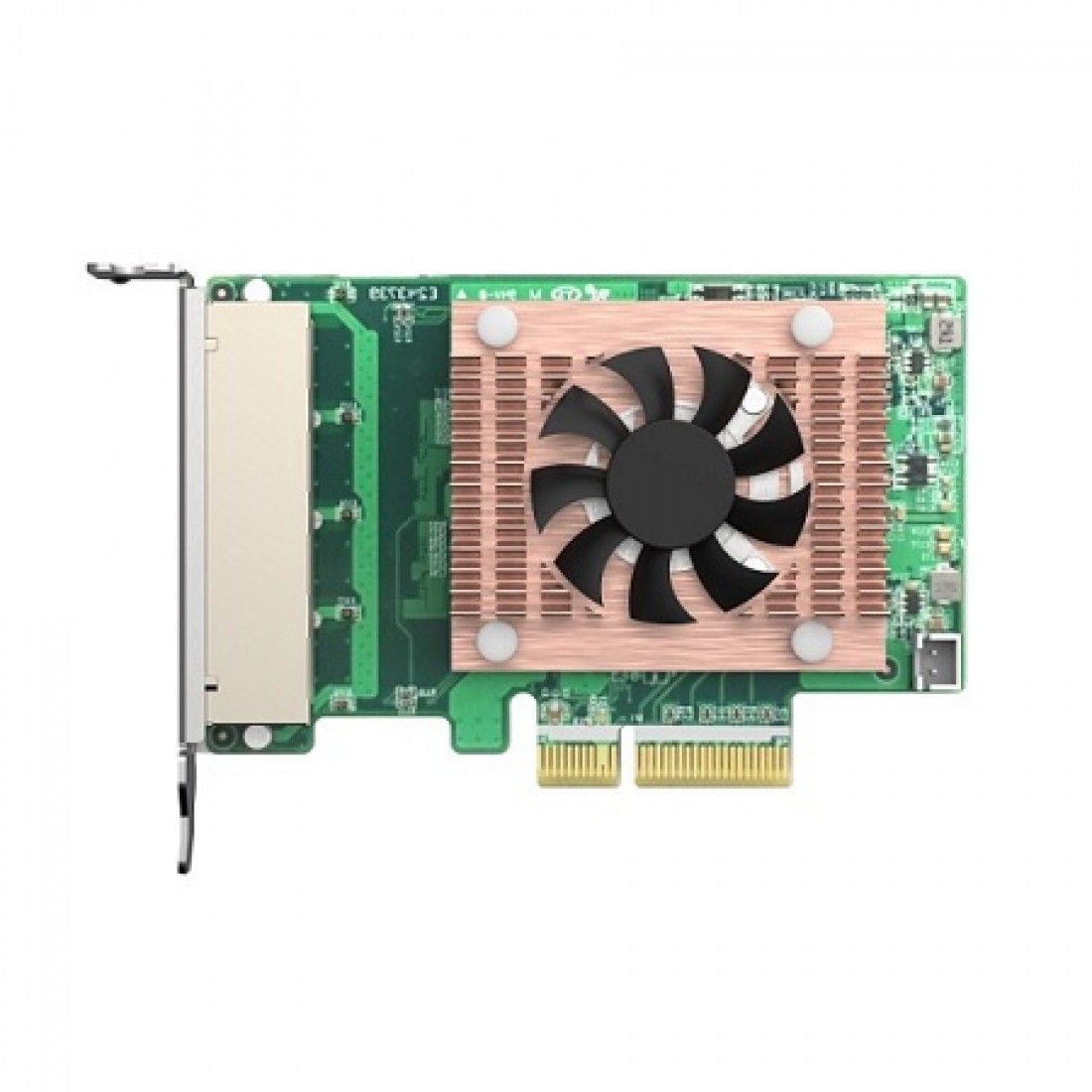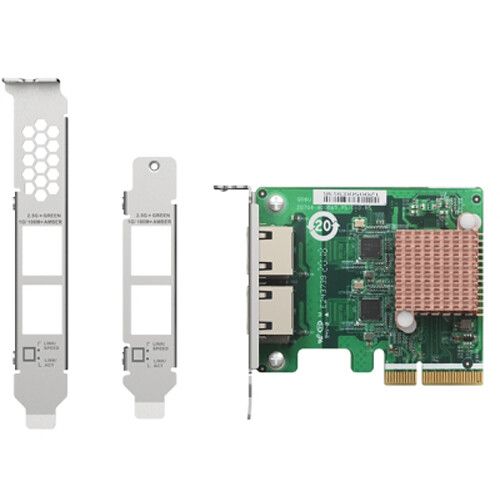Intel Ethernet Controller I225-LM Support?
-
Yeah, no amount of offload disabling is doing to help if the driver doesn't attach.

-
Anyone able to test this in a 2.6 snapshot?
It looks like 2.5.2 missed this fix for UDP checksum offloading.
That is in 2.6.Steve
-
@stephenw10 I'll throw the 2.6 snapshot on a flash drive and test it right now.
Edit: It looks like everything works with the I225-LM NICs on the 2020806 build. Upon fresh installation, DNS and IPv6 were working without making any changes. I navigated to System > Advanced > Networking and verified that the disable hardware checksum offloading option was not checked.
I'm about to head out of town soon so let me know if you want anything specific checked. Otherwise I can dig further early next week.
-
-
TSO and LRO should be disabled by default anyway.
@bk150 said in Intel Ethernet Controller I225-LM Support?:
verified that the disable hardware checksum offloading option was not checked.
So that's all the offloading option at their defaults should work in 2.6.
Steve
-
I was curious of his testing. I ran for years with everything enabled using my 2 port Broadcom LOM on my Dell r220. Never a problem. I understand it's against what is recommended, but the Broadcom drivers for my NICs were mature and handled everything correctly without issue.
-
@slk2k I left everything at the default.
-
Awesome - thanks!!
-
@silvercharge FWIW, in my scenario, I had to ensure that only i225 NICs were installed in a system. If any other NICs, (intel, broadcom, etc.) were installed then the i225 driver would fail to load over 90% of the time. I tested on two distinct systems.
-
Eyeing post intently, drooling with anticipation...
-
This post is deleted! -
@stephenw10 said in Intel Ethernet Controller I225-LM Support?:
@whizatit said in Intel Ethernet Controller I225-LM Support?:
currently running a 1000 Gb connection
You're gonna need a big CPU!

There is no i225 support in current pfSense. But there will be at some point.
Steve
I JUST now got that, I feel dumb now thanks lolAs for the rest of the post... I'm looking for at least a 2 port 2.5Gb card as internet here is/can/does have that speed for download. The card I originally posted about here just caught my eye. I still have not purchased a 2.5G card as I have seen conflicting information about everyone of them from the traffic graphs not working, cards not supported etc etc...
Are there ANY currently working 2.5Gb cards available that are 100% compatible with pfsense? Preferably one with a built on fan as this is not going into a rack server and case fans do not have enough CFM for the most part for a high bandwidth card. No fan no problem i can add one, it would just make it more plug and pray!
-
Most of the issues on this thread seem to be from UDP checksum which you can easily disable or run a 2.6 snapshot. We've seen no issues running the i225-V in the 6100.
Steve
-
@stephenw10
on the 6100? sorry confused. -
4 of the i225-V NICs are used in the Netgate 6100. They work fine there.
Steve
-
After disabling UDP checksum offloading, my I225-LMs are working great. I'm able to pull ~940 mbit/sec down and ~1100 mbit/sec upload hooked into an AT&T BGW-320. I'm provisioned for gigabit service so the cards seem to be working as expected.
-
@bk150 Same here. The outstanding question being, when will the driver get fixed so that HW offloading can be enabled again?
-
@jerseymike it's already fixed in the 2.6.0 development builds :)
I would think the particular fixed could be implemented in the next 2.5.3 release but either way it should be working in 2.6.
-
@bk150 So I guess my next question is...
is 2.6.0 stable enough to use right now? LOL
-
@jerseymike I guess it depends on your use case. I definitely wouldn't use it in production at a business but for home use, depends on how understanding your family members are

I don't see any issue with using 2.5.2 with the UDP checksum hardware offloading disabled as my understanding is that it's still doing the UDP checksum, it's just in software instead of running on the network controller hardware itself. I would think this is sufficient for most cases as high loads of UDP traffic is pretty rare.

